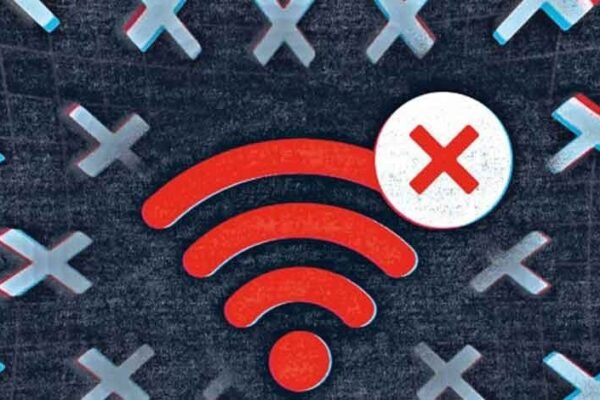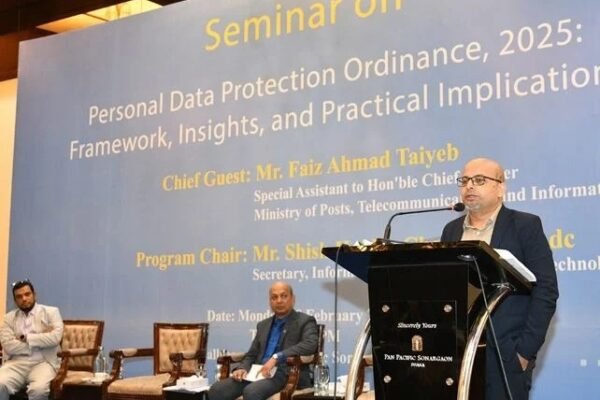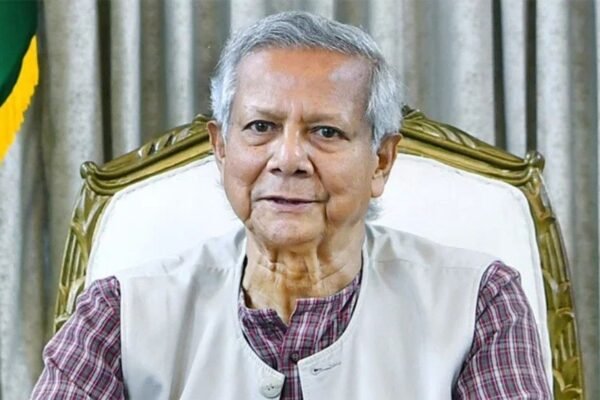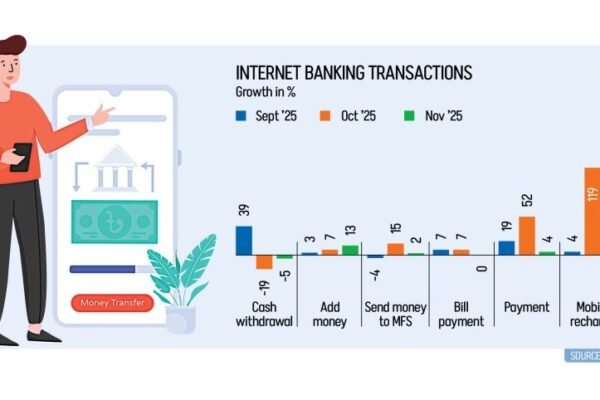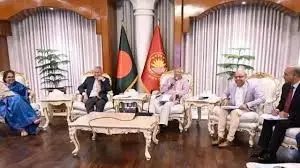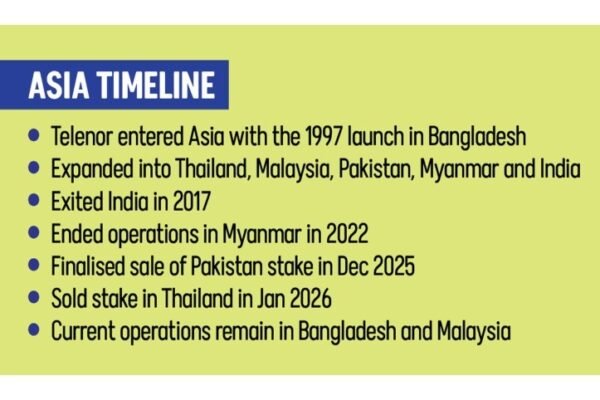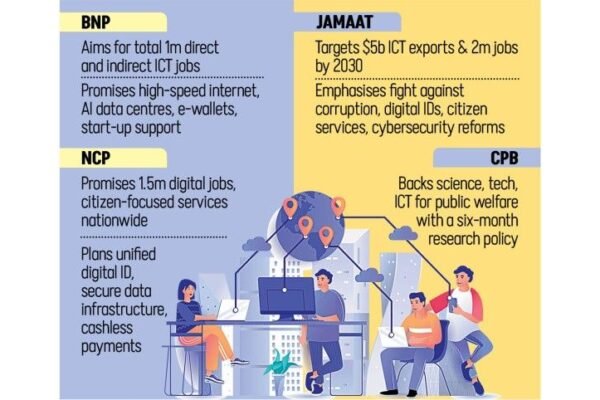
Digital ambitions take centre stage
Industry stakeholders note that while AI, digital infrastructure, and digital economy expansion feature prominently across party manifestos, implementation will require sustained investment in infrastructure, workforce development, regulatory reform, and institutional capacity. The debate reflects a broader shift in Bangladesh where digital policy is increasingly viewed as central to economic growth, governance, and national competitiveness in the evolving digital economy.











